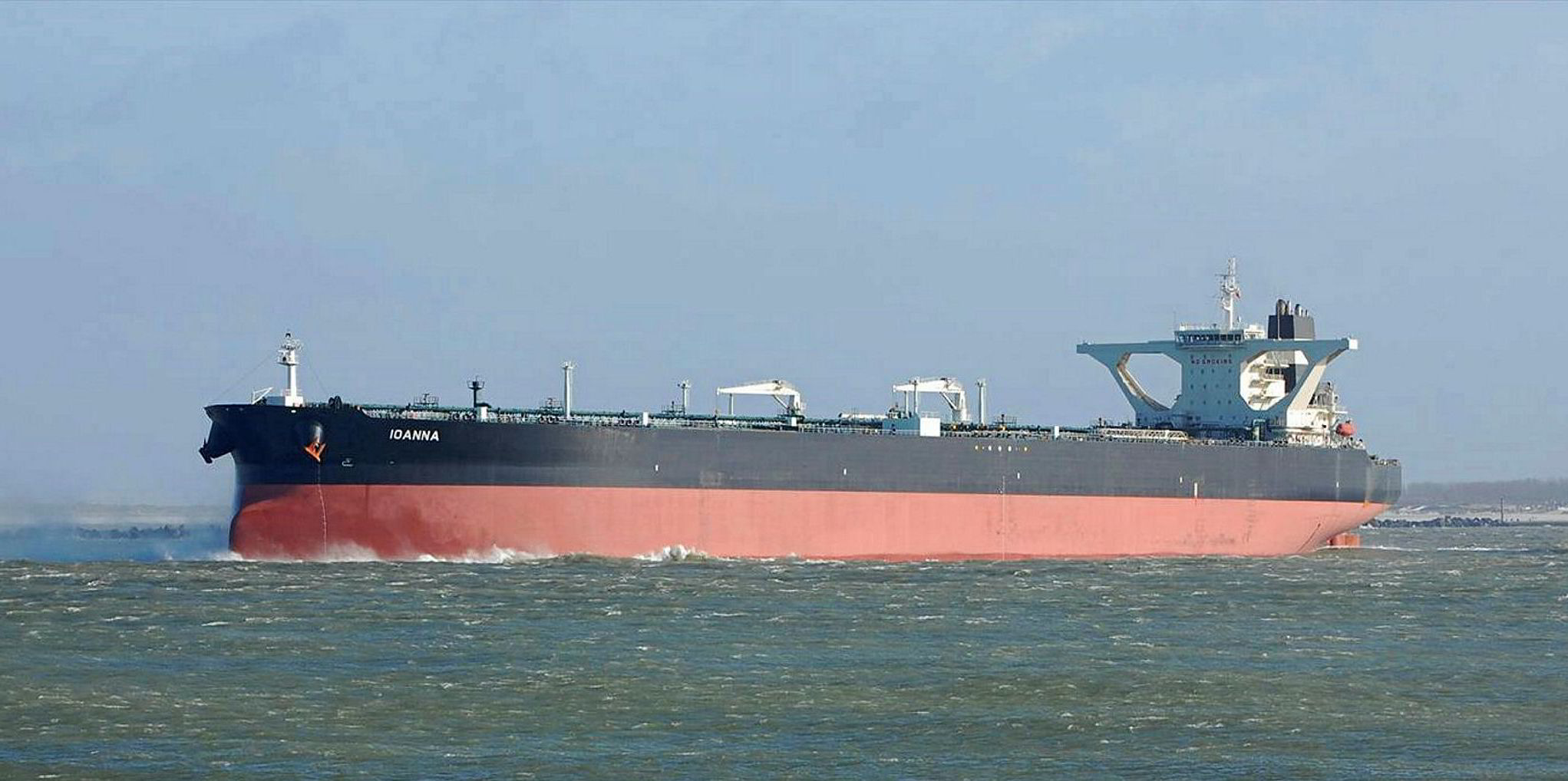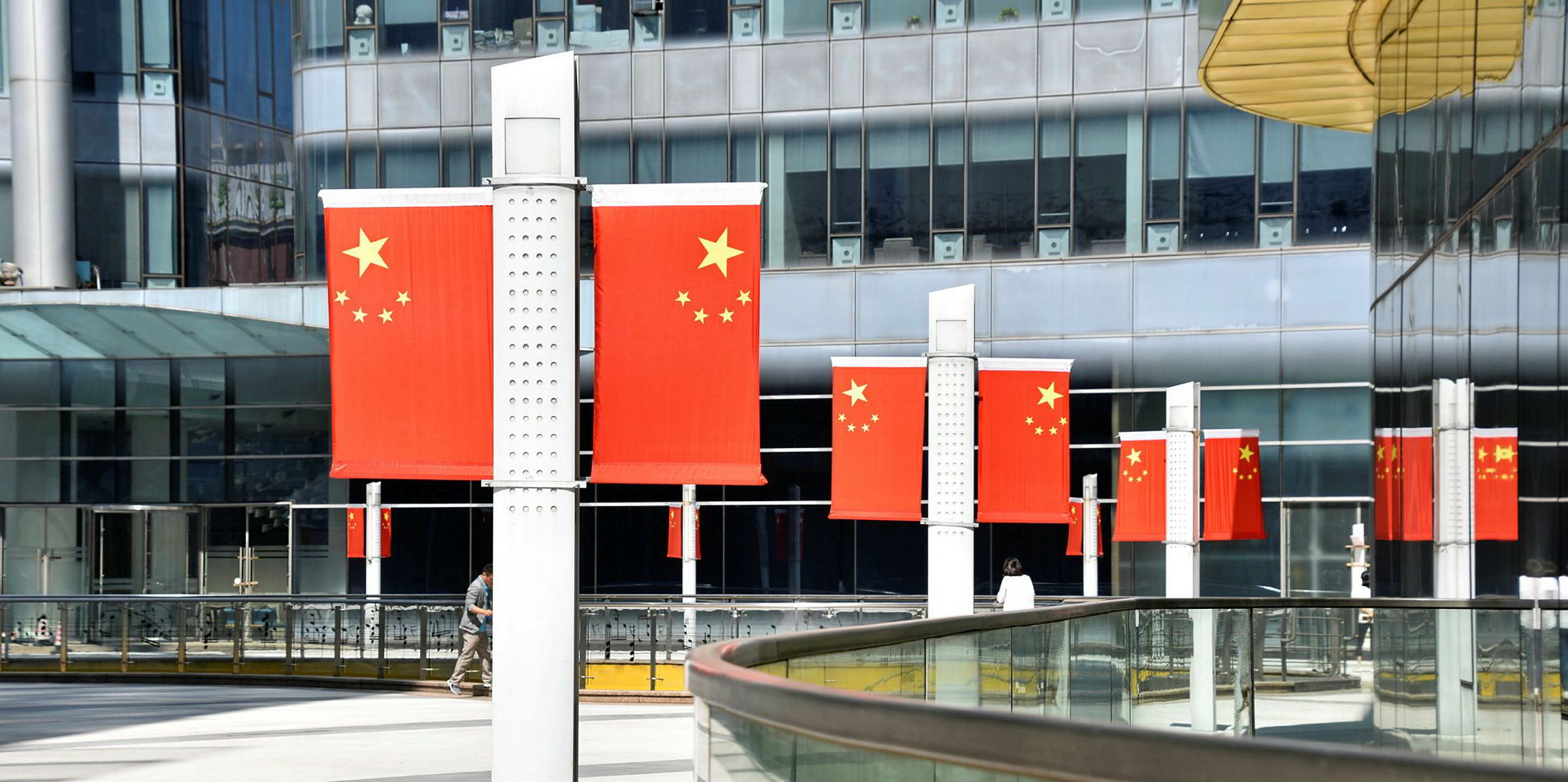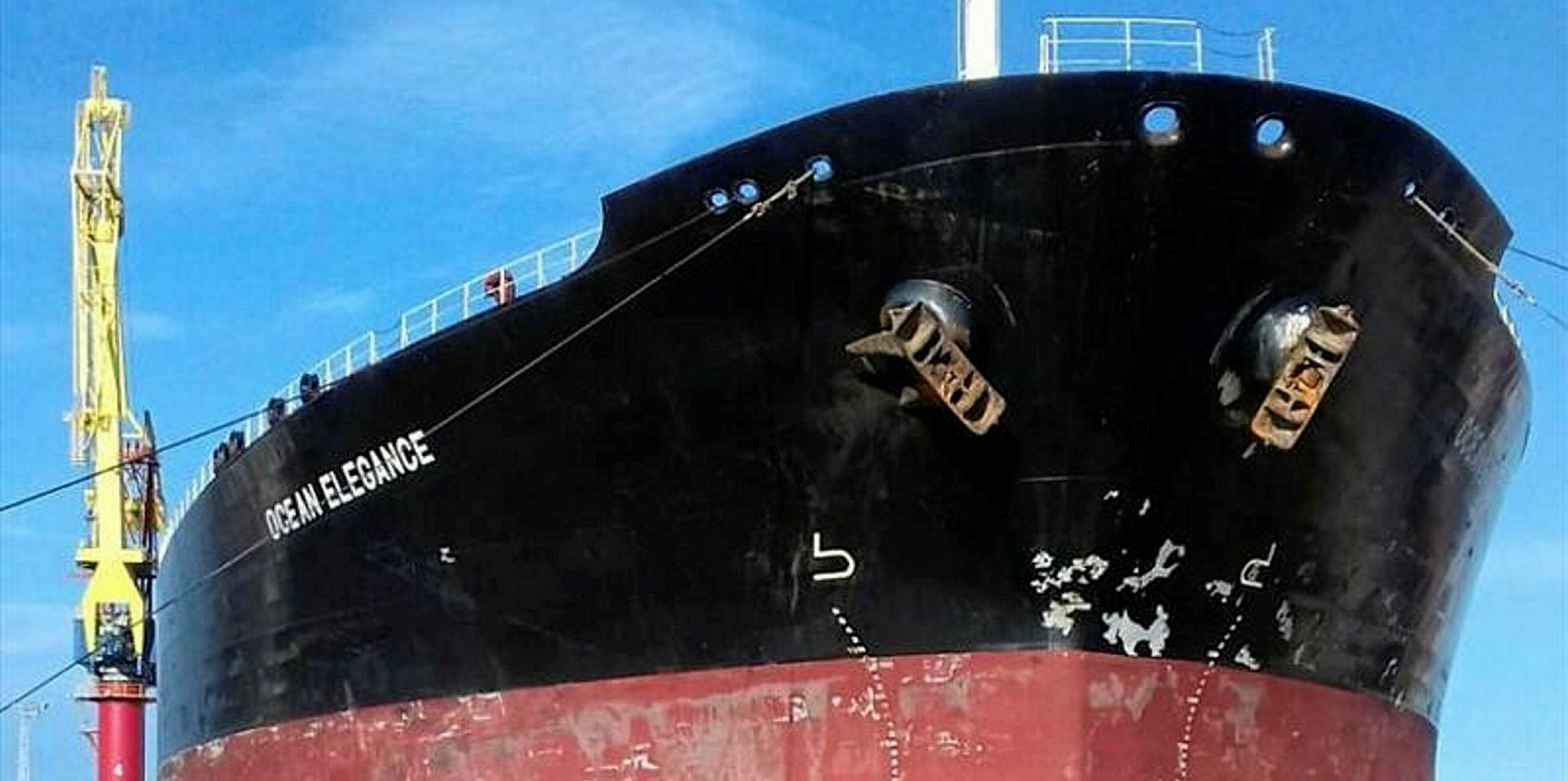Having originally been destined for Qingdao, the largest crude import terminal in China, a Greek VLCC laden with Venezuelan oil took a U-turn in mid-January.
Dynacom Tankers Management’s 318,300-dwt Ioanna (built 2008) then stopped transmitting AIS signals for more than a week in the East China Sea, before reappearing northeast of Taiwan in early February.
The vessel was then sailing towards Zhanjiang, another oil terminal in China, according to several vessel-tracking databases. This week, it took a second U-turn and is now destined for Ningbo in eastern China.
Ioanna’s detours have come as shipping players prepare for altered cargo flows to China, where demand for oil products is hurt by less travel and slowing economic activity as the coronavirus outbreak escalates.
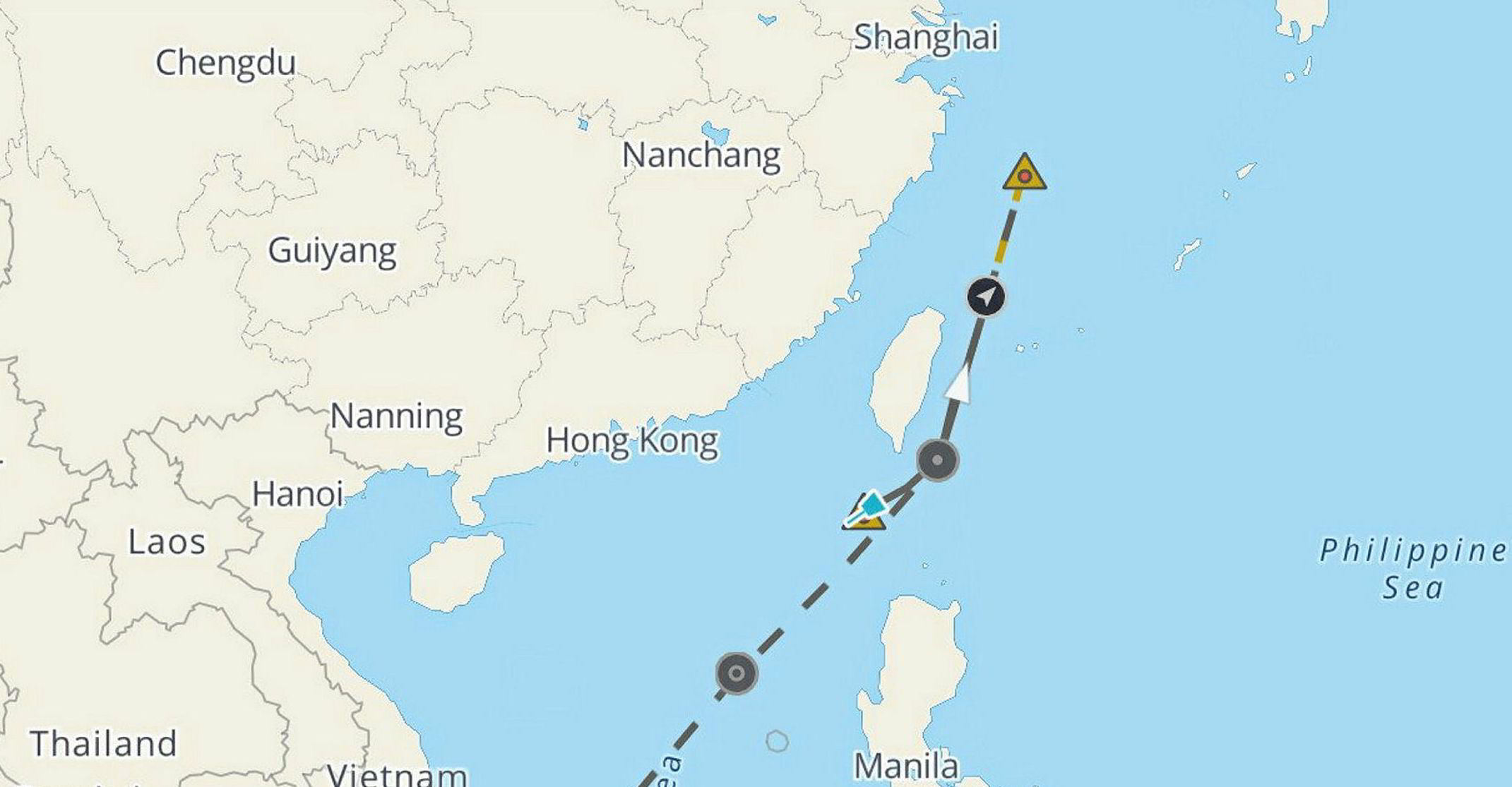
“By shutting down industrial production and limiting refinery runs, commodity demand is slumping” in China, Evercore analyst Jonathan Chappell said.
Greece-based Dynacom has declined to comment on the ship movement. TradeWinds understands the charterer ordered the U-turn.
Research firm CHEM99.COM estimates independent refineries in Shandong, where Qingdao is located, could reduce total crude processing volumes by 430,000 barrels per day (bpd) and imports by 340,000 bpd in February from the year-ago levels.
According to Braemar ACM, the Shandong government has also banned trucks registered in other provinces from transporting oil products, creating logistical bottlenecks in the home of independent refineries.
Across China, the world’s largest seaborne crude importer, local governments have reportedly imposed travel restrictions to keep the virus from spreading even as Beijing seeks to bring people back to work after the Lunar New Year holiday.
“China's daily oil consumption has been in freefall since mid-January, evident in a three million-barrel drop in its daily oil imports,” according to Bloomberg Intelligence analyst Henik Fung, adding that Chinese consumption of gasoline, diesel and jet fuel are all at risk.
When compared with the year-ago level, data from Kpler suggests China’s crude imports were down 180,000 bpd in the period between 22 January and 10 February. However, the cargo intelligence provider also said the overall mid-term trend remains stable with a rise in forecast imports in the coming days.
“Drawing any conclusions from short term patterns in China is inherently fraught with risk,” not least due to the distortion created by the Lunar New Year, Kpler said. “The volatile nature of the crude import data, even when smoothed over multi-day averages, makes year-on-year comparisons difficult.”
STS transfer of Venezuelan oil
The movement of Ioanna has also raised some eyebrows due to the origin of cargo on board.
Vessel-tracking data shows the vessel lifted 1.9m barrels of Venezuelan oil from the 306,300-dwt Maria A Angelicoussis via a ship-to-ship (STS) transfer near the Strait of Malacca in early 2020 before embarking on the current voyage.
The Maria A Angelicoussis, owned by Maran Tankers Management, another Greek player, previously lifted from the Venezuelan terminal of Jose in end-November.
Both Dynacom and Maran declined to comment on this matter.
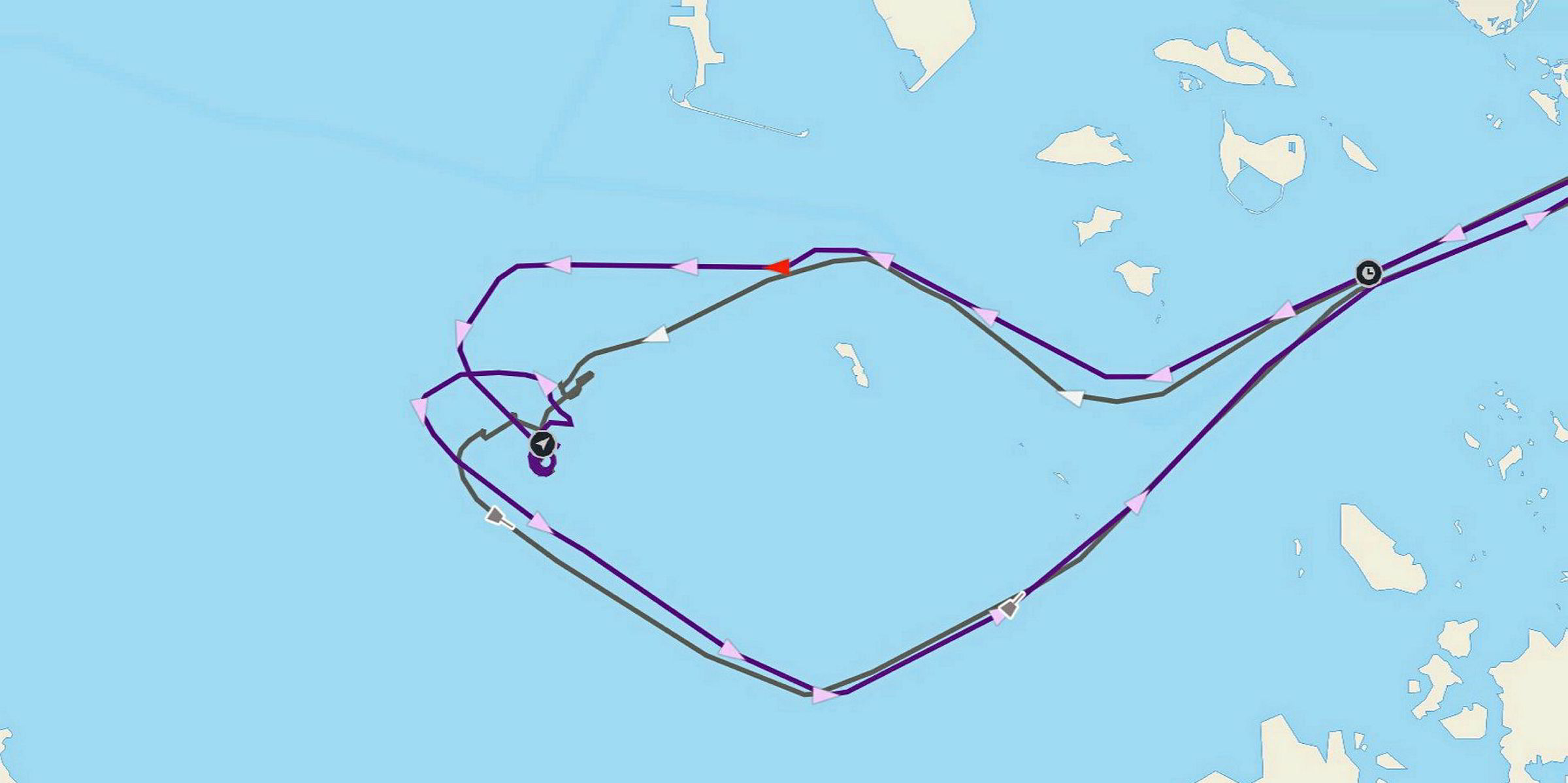
Since the US imposed sanctions on Venezuela’s oil sector in January 2019, many risk-averse tanker owners have stopped trading in the Opec member nation.
Having repeatedly threatened to ramp up sanctions to drive up President Nicolas Maduro’s regime, Washington has stopped short of explicitly targeting non-US entities for buying and transporting Venezuelan oil, though. The US has also kept extending sanctions waivers to allow Chevron and some other US oil services firms to work in Venezuela.
Consequently, Venezuela’s oil exports – while on a long-term decline – have yet to collapse. Bloomberg data shows the country exported 1m bpd in December and 875,000 bpd in January, with China being the second largest buyer after India.
According to maritime analytics firm Windward, tankers used to sail directly to China after loading from Venezuela, but there have been several STS transfers involving Venezuelan oil in Southeast Asia in recent months.
In general, Windward’s head of marketing Omer Primor said his company does not see around Venezuela the same deceptive practices observed in other sanctioned regions. “Greek tankers are making port calls without turning off AIS,” Primor added.
